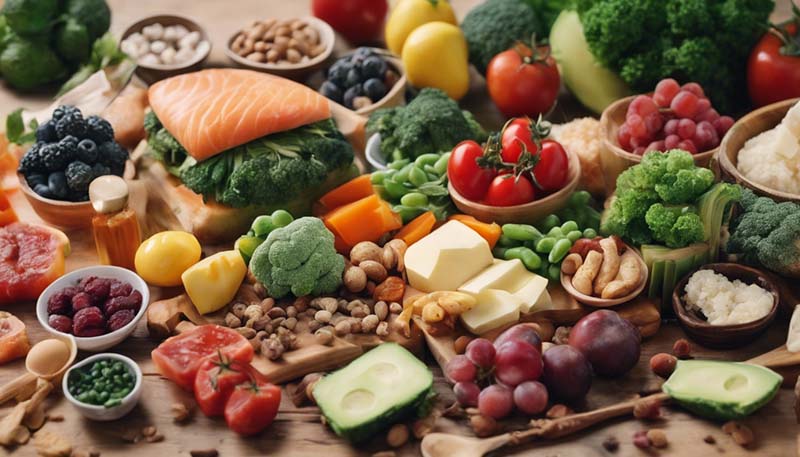Title: The Role of Genetically Modified Foods in the Future
Introduction:
- Definition of genetically modified (GM) foods
- Brief history of GM foods
- Importance of GM foods in the context of global food security and agricultural sustainability
Outline:
1. Current State of GM Foods
- Statistics on global GM crop cultivation
- Types of GM foods currently available
- Benefits and concerns associated with GM foods
2. Advances in Genetic Modification Technology
- CRISPR and other gene-editing techniques
- Precision breeding and its role in GM food development
- Ethical considerations of advanced genetic modification
3. Environmental Impact of GM Foods
- Potential for reduced pesticide use
- Soil health and biodiversity
- Climate change mitigation through GM crops
4. Addressing Global Food Security
- Increasing crop yields
- Drought, pest, and disease resistance
- Biofortification to combat malnutrition
5. Economic Implications
- Impact on farmers and the agricultural industry
- Trade and global market considerations
- Consumer acceptance and demand
6. Health and Safety of GM Foods
- Scientific consensus on the safety of GM foods
- Allergenicity and potential health risks
- Long-term studies and monitoring
7. Regulatory Frameworks and Labeling
- International regulations and guidelines
- National differences in approval processes
- The role of labeling in consumer choice
8. Public Perception and Misconceptions
- Common myths and misconceptions about GM foods
- Role of communication and education
- Influence of social media and misinformation
9. Future Prospects and Challenges
- Potential future applications of GM technology
- Addressing public concerns and building trust
- Balancing innovation with environmental and social responsibility
10. Conclusion
- Summary of the role of GM foods in the future
- Call to action for continued research, dialogue, and responsible development
Introduction (Approx. 300 words):
Genetically modified (GM) foods have been a topic of intense debate and discussion for decades. As the global population continues to grow, the demand for sustainable and secure food sources is more critical than ever. Genetically modified organisms (GMOs) are organisms whose genetic material has been altered through genetic engineering, allowing for the introduction of specific traits that may not occur naturally through crossbreeding.
The development of GM foods began in the 1990s, and since then, they have become an integral part of the global agricultural landscape. GM crops, such as soybeans, corn, and cotton, have been engineered to be resistant to pests, diseases, and environmental stressors, leading to increased crop yields and reduced reliance on chemical pesticides.
However, the use of GM foods has also raised concerns about their impact on human health, the environment, and the socio-economic implications for farmers and the food industry. This article aims to explore the role of GM foods in the future, examining the current state of GM technology, its potential benefits and challenges, and the regulatory frameworks that govern their use.
As we delve into the complex world of GM foods, it is essential to consider the scientific evidence, ethical considerations, and the potential impact on global food security. By understanding the role of GM foods in the future, we can better navigate the challenges and opportunities that lie ahead in our quest for a sustainable and abundant food supply.
Please use this outline and introduction as a starting point to expand upon each section and create a comprehensive article on the role of genetically modified foods in the future.






























Leave a comment